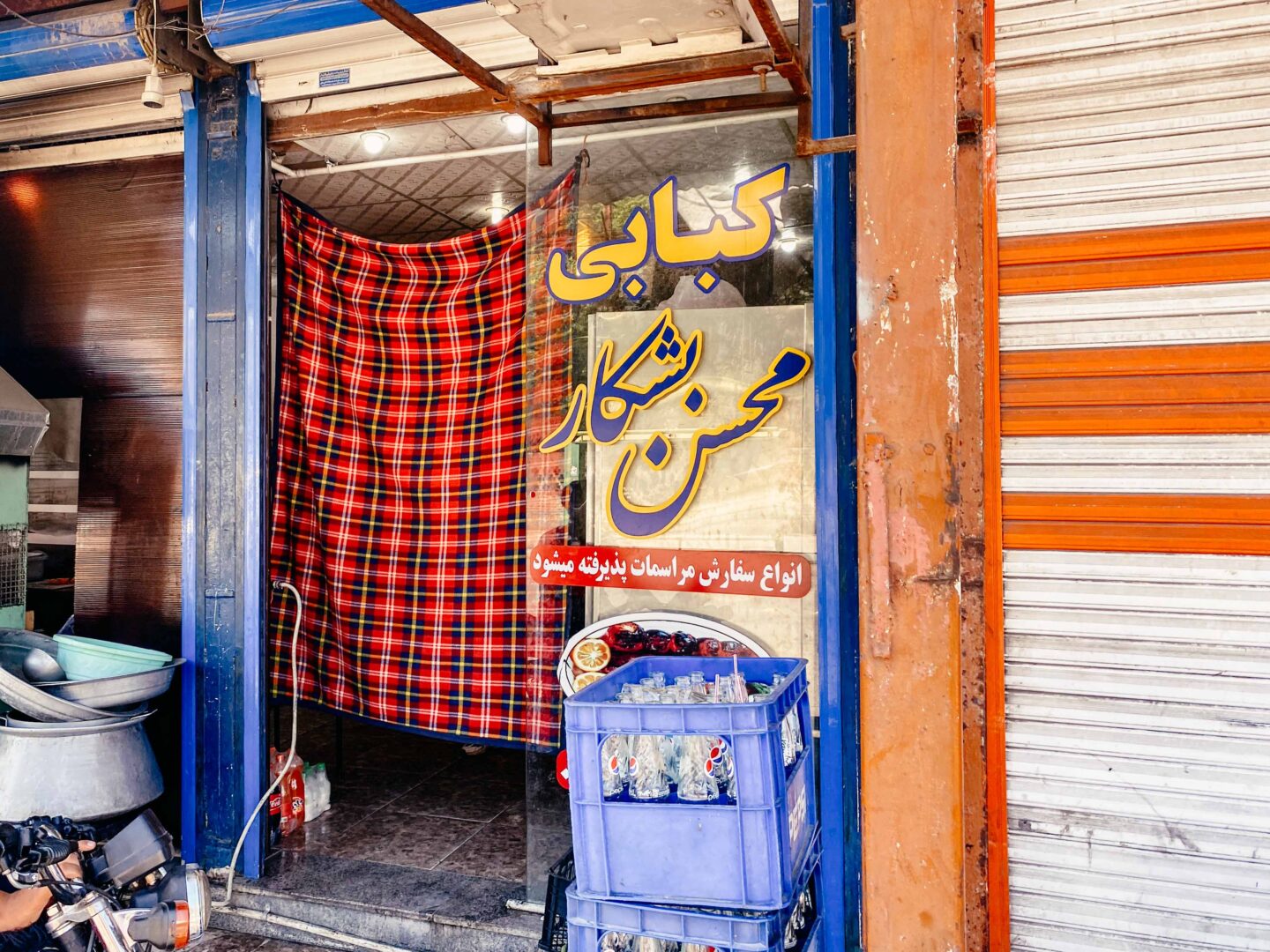
Längerer Beitrag – schneller Überblick:
We are not good at planning, we are constantly changing our plans. For example, we actually wanted to spend the winter on the Arabian Peninsula, but instead we only just made it to the south of Iran by mid-March. Nothing to do with the Arabian Peninsula, nothing to do with Oman, Saudi Arabia, Kuwait, Iraq and all the Arab Emirates. We are simply far too late. Winter is slowly turning into spring here and 30 degrees outside, blazing sun during the day and nights that barely cool down don't bode well. So we'd rather skip the Arabian Peninsula, because it's already warmer there and getting even hotter. We simply enjoy the sea, the turtles on the turtle sanctuary beach and do what everyone else does: not much.
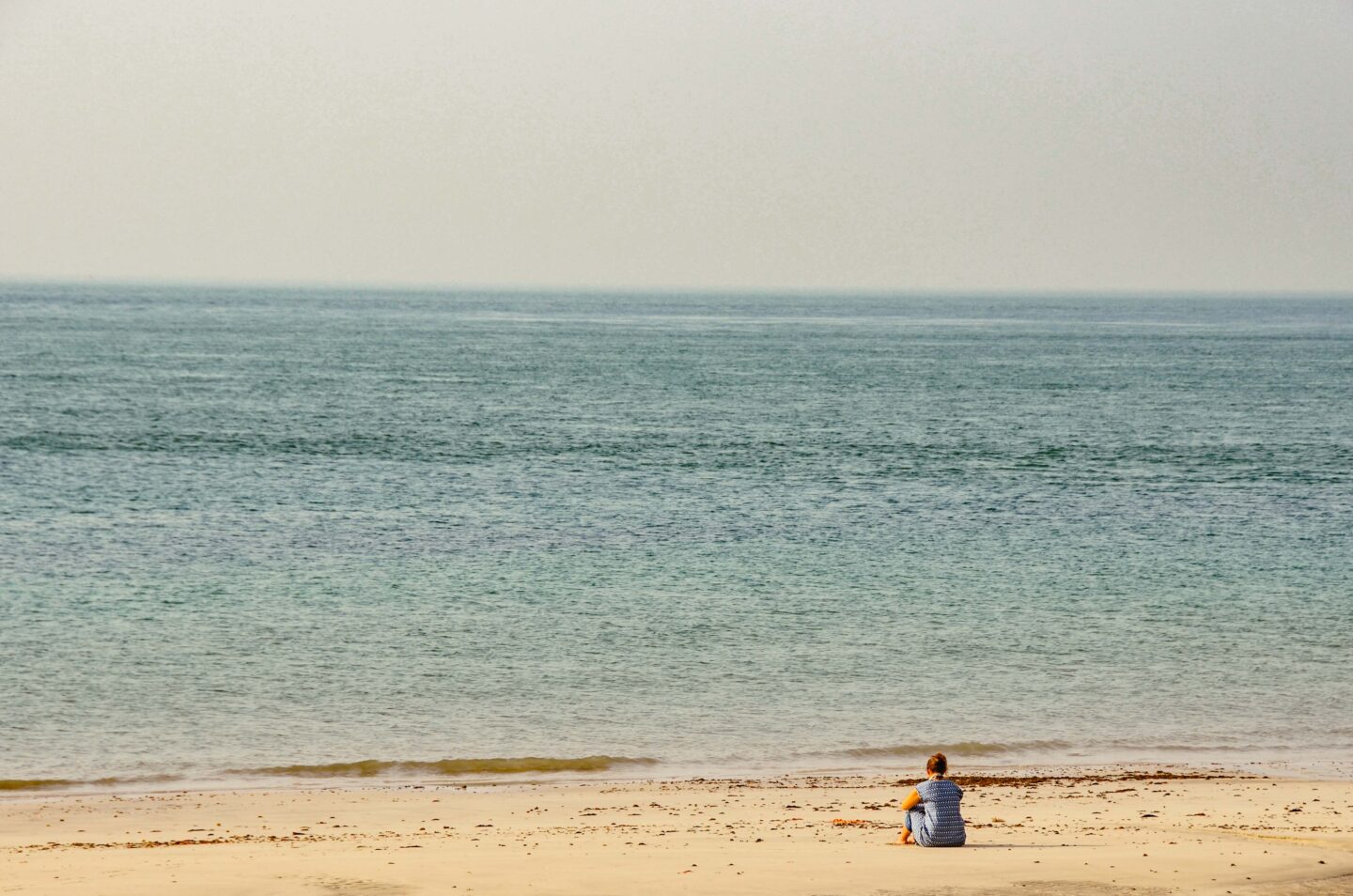
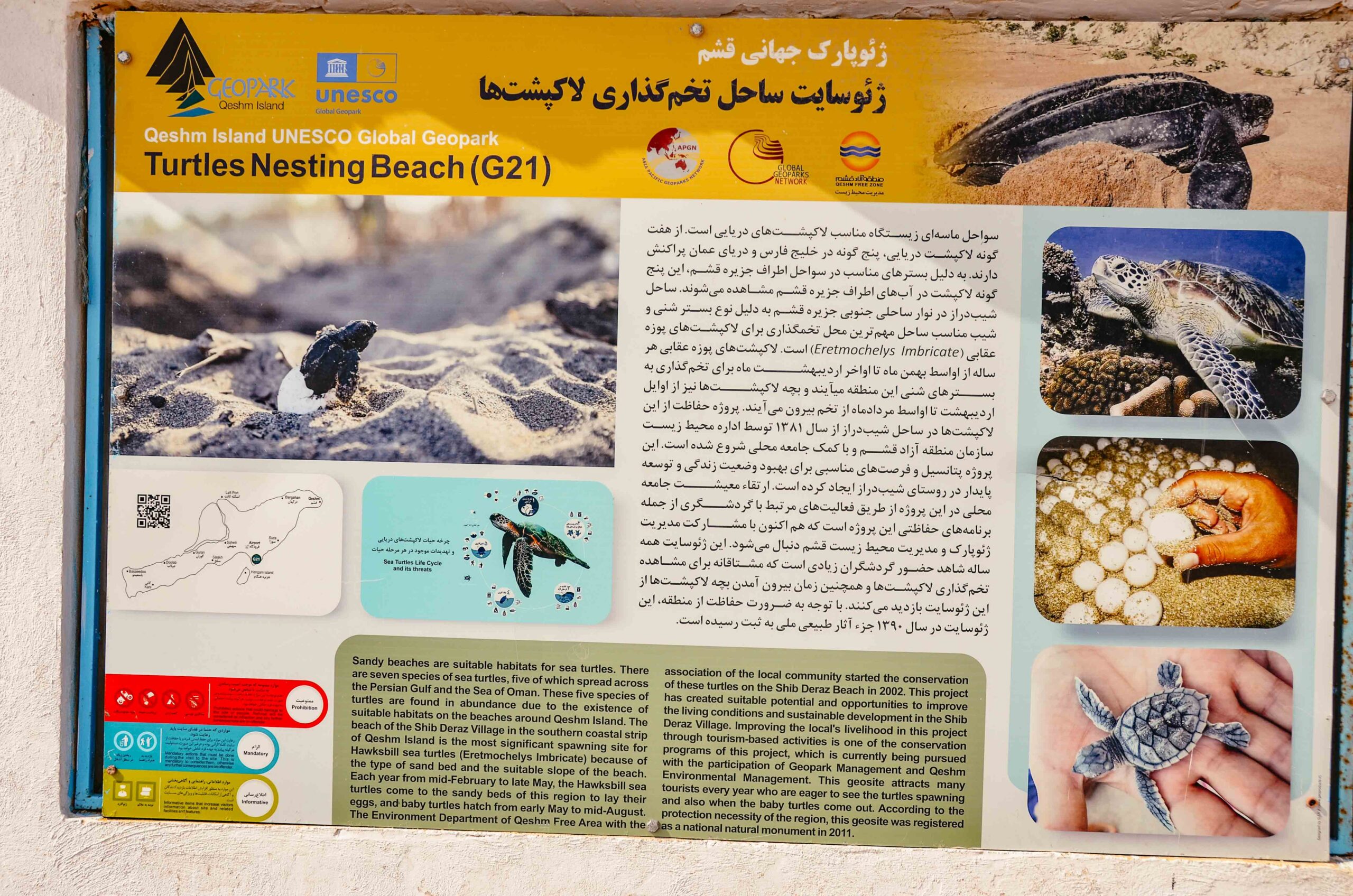
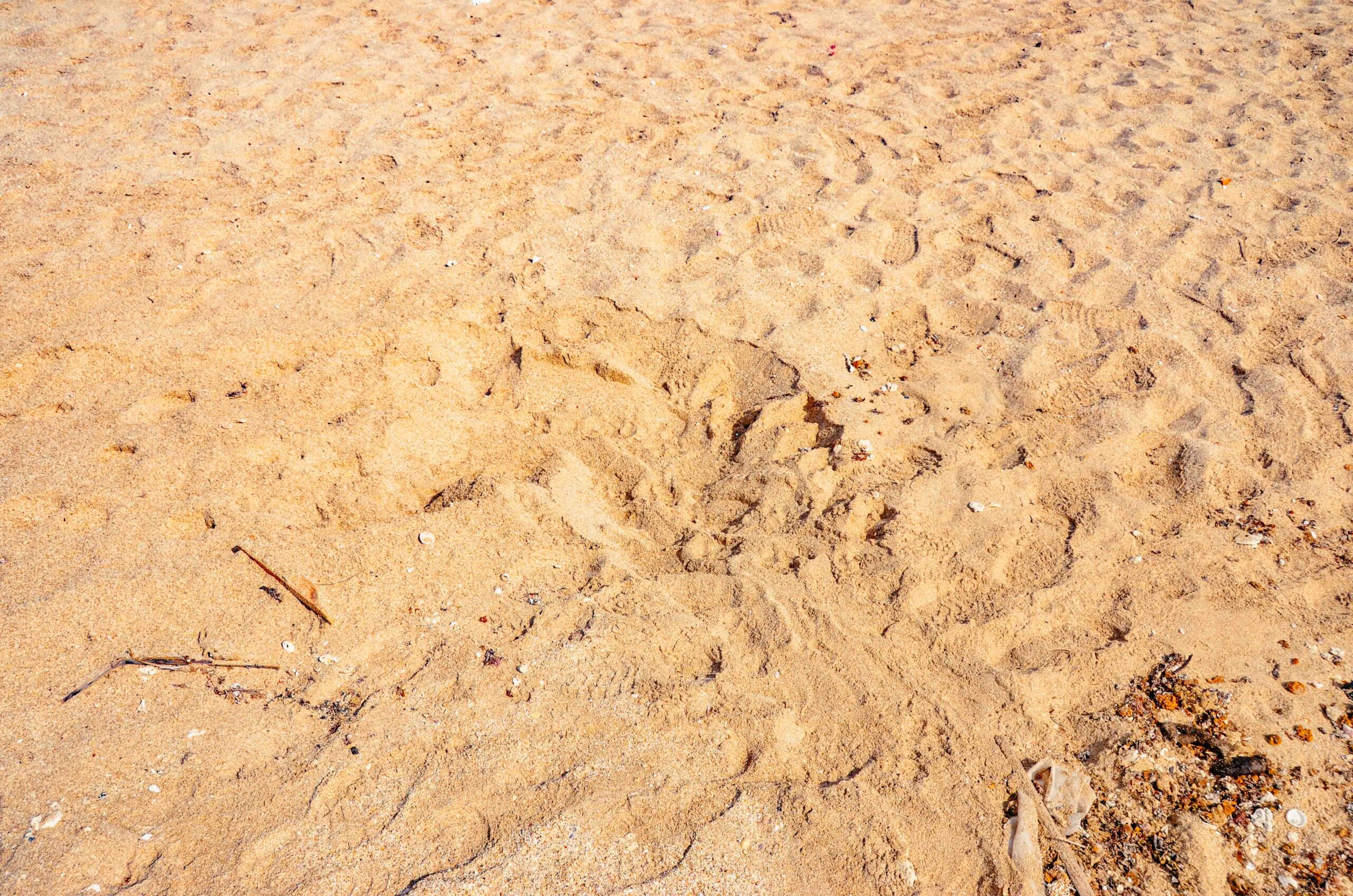
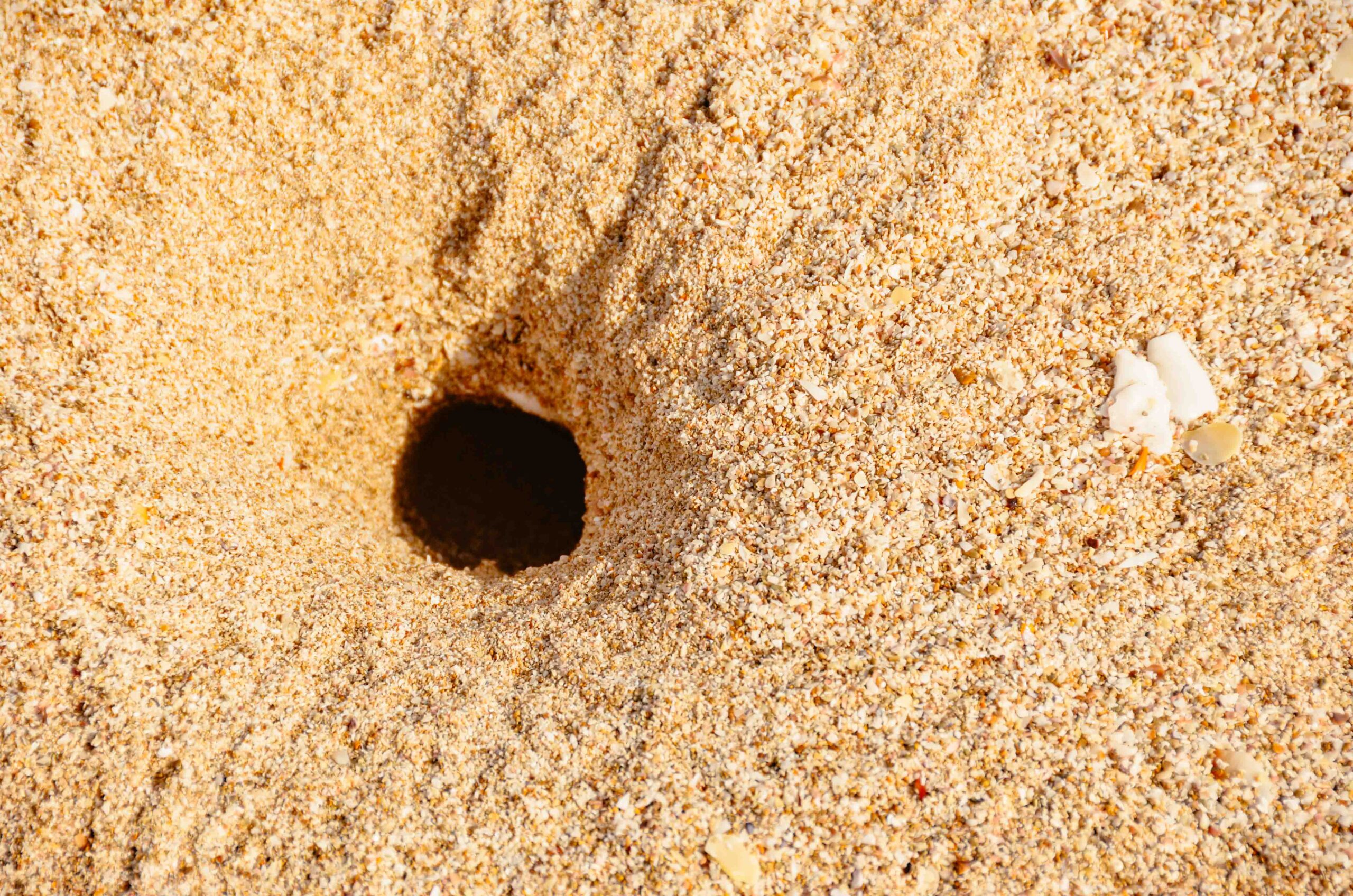
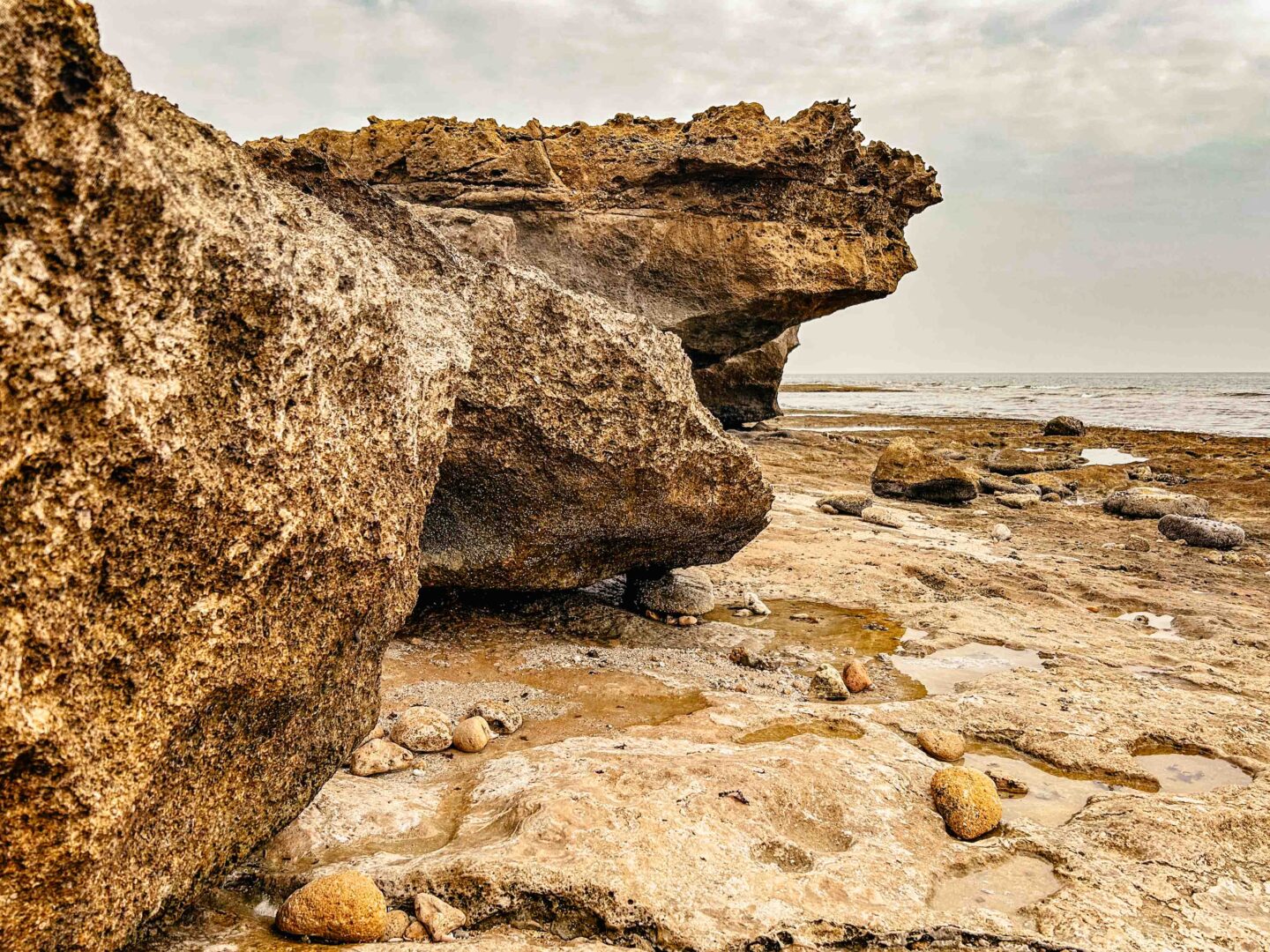
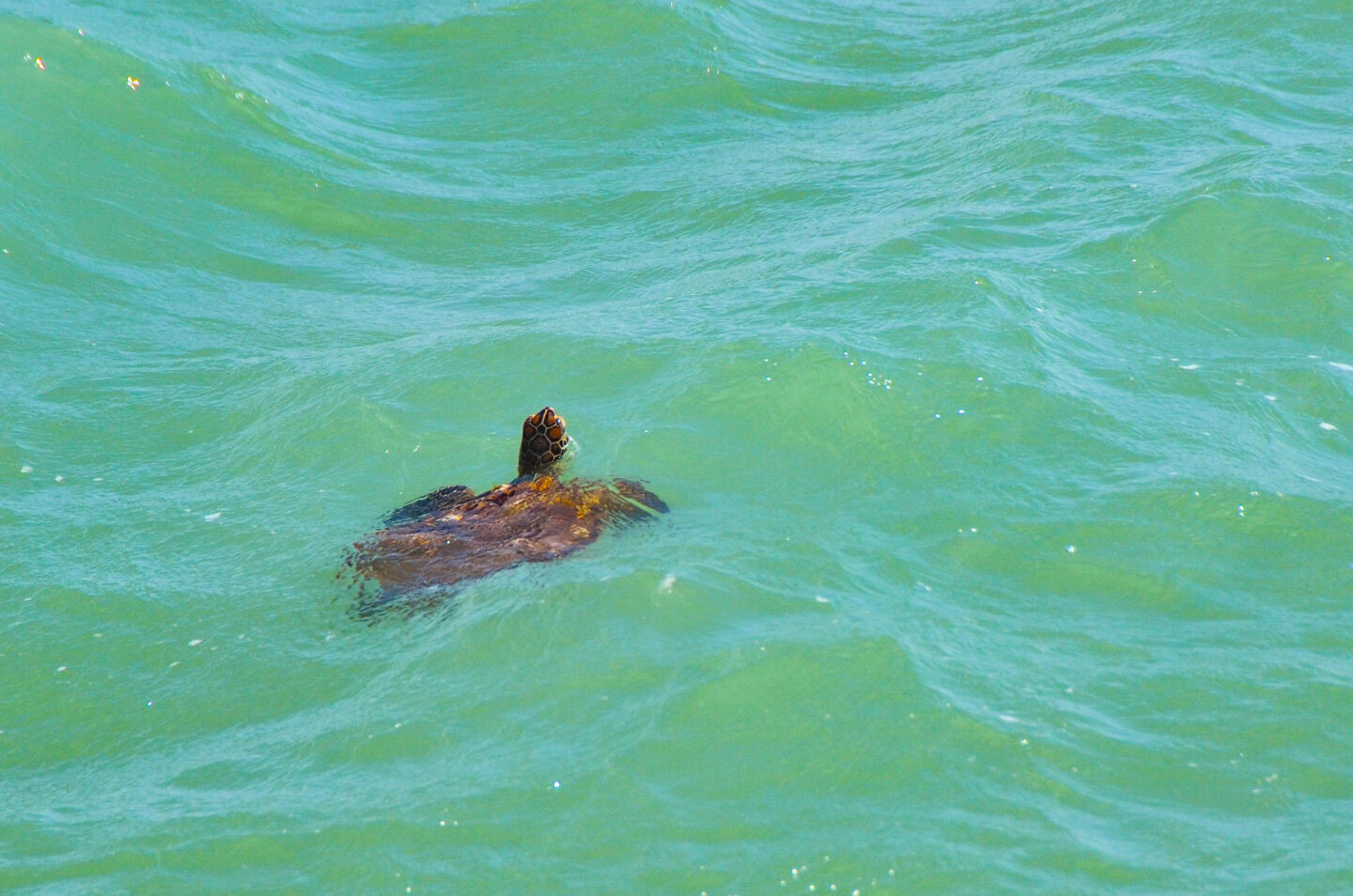
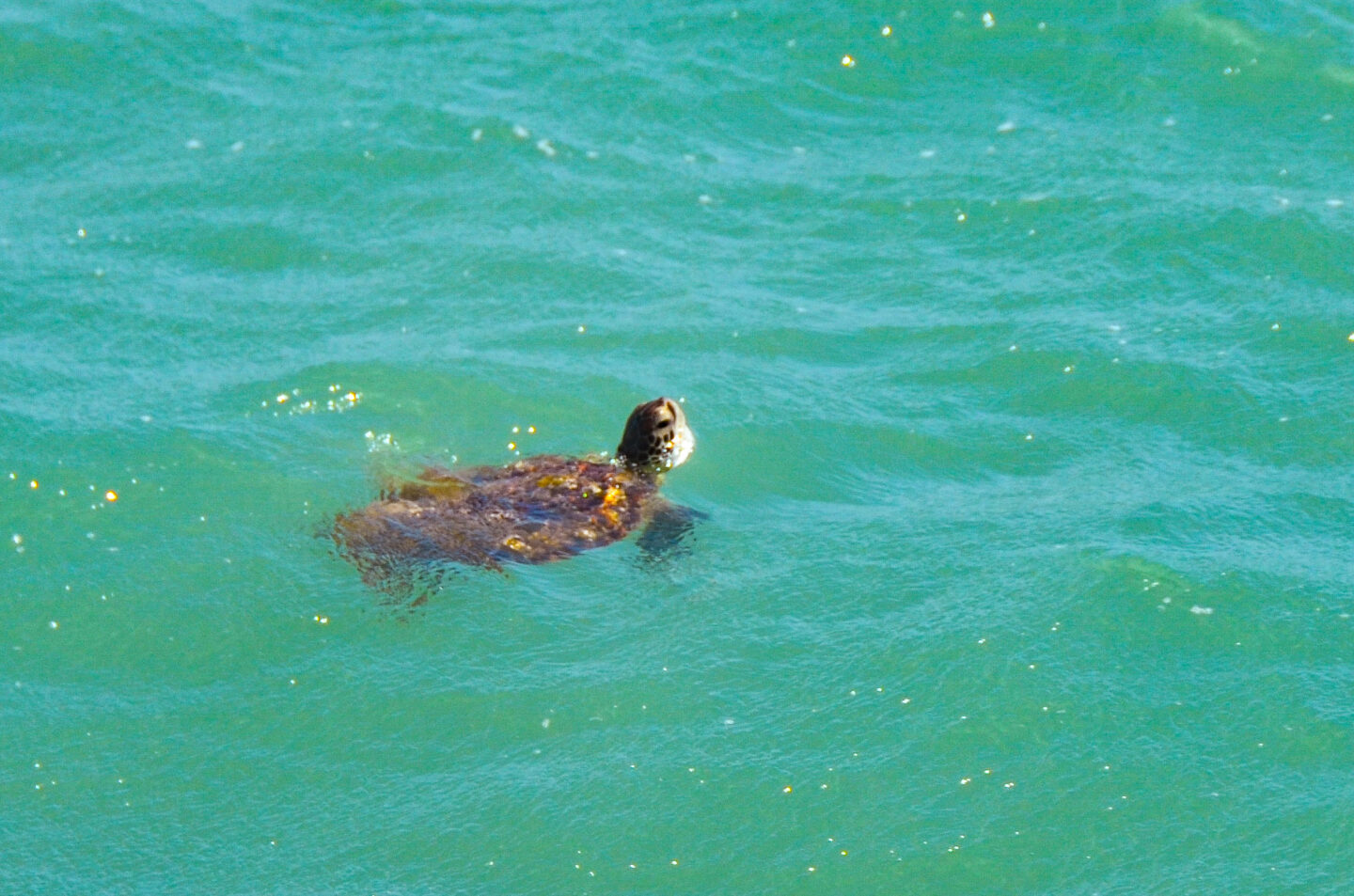
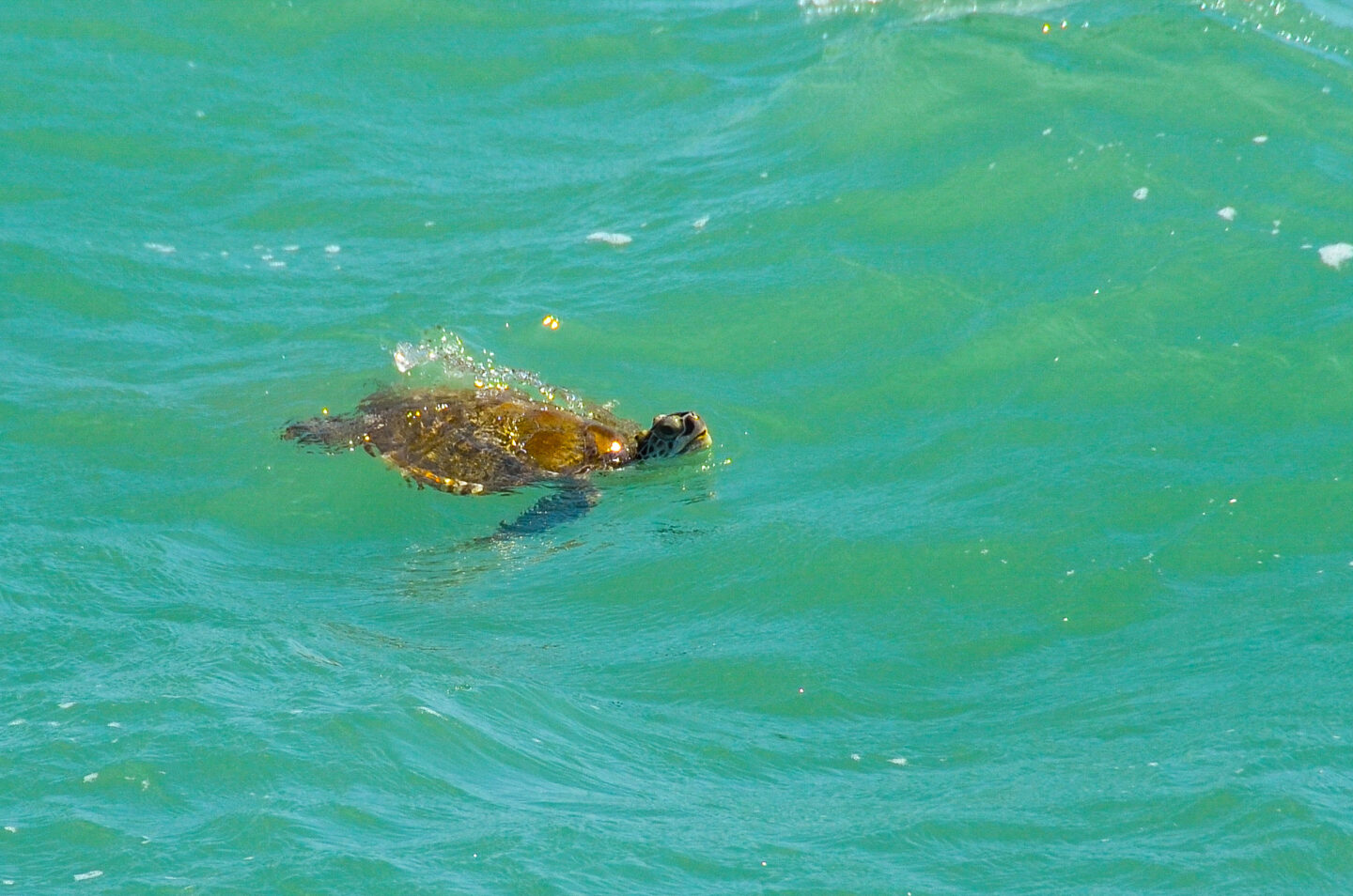
Ramazan
And precisely because we have no idea of good plans, we end up here in Iran in the middle of Ramazan.
Ramadan, known as Ramazan in Iran, is the month of fasting for Muslims and the ninth month of the Islamic lunar calendar. It has a special significance because, according to Islamic belief, the Koran was revealed during this month. Fasting in Ramadan is one of the five pillars of Islam and is considered a time of reflection, prayer and closeness to God.
Our homestay host and his family are on a strict fast, which means that they spend most of the day resting and praying. To be honest, this is a pretty good idea even without fasting in these temperatures.
The beginning and end of Ramadan are determined by the sighting of the crescent moon. This can vary from region to region and often leads to discussions within the Muslim community. Ramadan is traditionally celebrated with special prayers (Tarawih) and the reading of the Koran.
In Iran, as in other Islamic countries, Ramadan is a time of spirituality and community. In addition to the religious duties of fasting and praying, it is also a time of charity and giving. People gather for iftar, the breaking of the fast, share meals and spend time with family.
Exceptions
During Ramadan, all adult Muslims are obliged to fast from sunrise to sunset. This includes abstaining from eating, drinking, smoking and sexual intercourse. However, there are exceptions for people who are ill, travelling, pregnant, breastfeeding, menstruating or unable to fast for other health reasons. These people can make up the fast at a later date or, if this is not possible, make a substitute fast (fidya).
Government measures and traditions during Ramadan
In some Islamic countries, there are state measures that enforce fasting during Ramadan. Not fasting in public can lead to penalties in some countries. Ramadan ends with the festival of breaking the fast (Eid al-Fitr), which begins with a communal prayer and is celebrated for three days with family and friends.
How we experience Ramadan
We are prepared, have done the shopping and are seeing how things go. And we're already sure that we'll be eating and drinking indoors. I'll have my coffee very early in the morning by the sea, then nothing outside. That's the plan.
The supermarkets and fruit and vegetable stalls are open, but you can actually buy something at any time.
Iran has relaxed Ramadan rules for this year because it coincides with the ancient and revered Persian New Year (Nowruz), allowing restaurants to stay open. The country's police announced that restaurants in the already struggling hospitality industry can maintain their normal opening hours to serve their customers. However, they must cover their windows to protect the interior from the gaze of fasting passers-by.
As a result, we don't even realise that the restaurants are open at first (see photos of masked stalls and restaurants). We are also on the popular holiday island of Qeshm and things are a little different here, or let's say more relaxed. Many food stalls are open, cafés and restaurants are open, but there are no chairs outside. It's only when the sun goes down that a normal street restaurant scene emerges. We always try to see how the others do it first and then copy them. Once we were approached by the police and asked not to eat in public. That was on a train journey and we were munching on crisps. Of course, we stowed everything away straight away and were kindly thanked for our support.
What we find particularly impressive is that people don't even drink in the heat.
We ourselves keep meeting people who invite us for a meal. At first we are a bit confused, but apparently not everyone is fasting the same way or, as is the case right now, they are travelling during the New Year holidays, which are taking place throughout Iran. Then the exception probably applies. Let's believe it. We ask 10 people and get 10 different answers.
So we make up our own minds. And although a bit of fasting would also do us good, we get through the time well and don't starve.
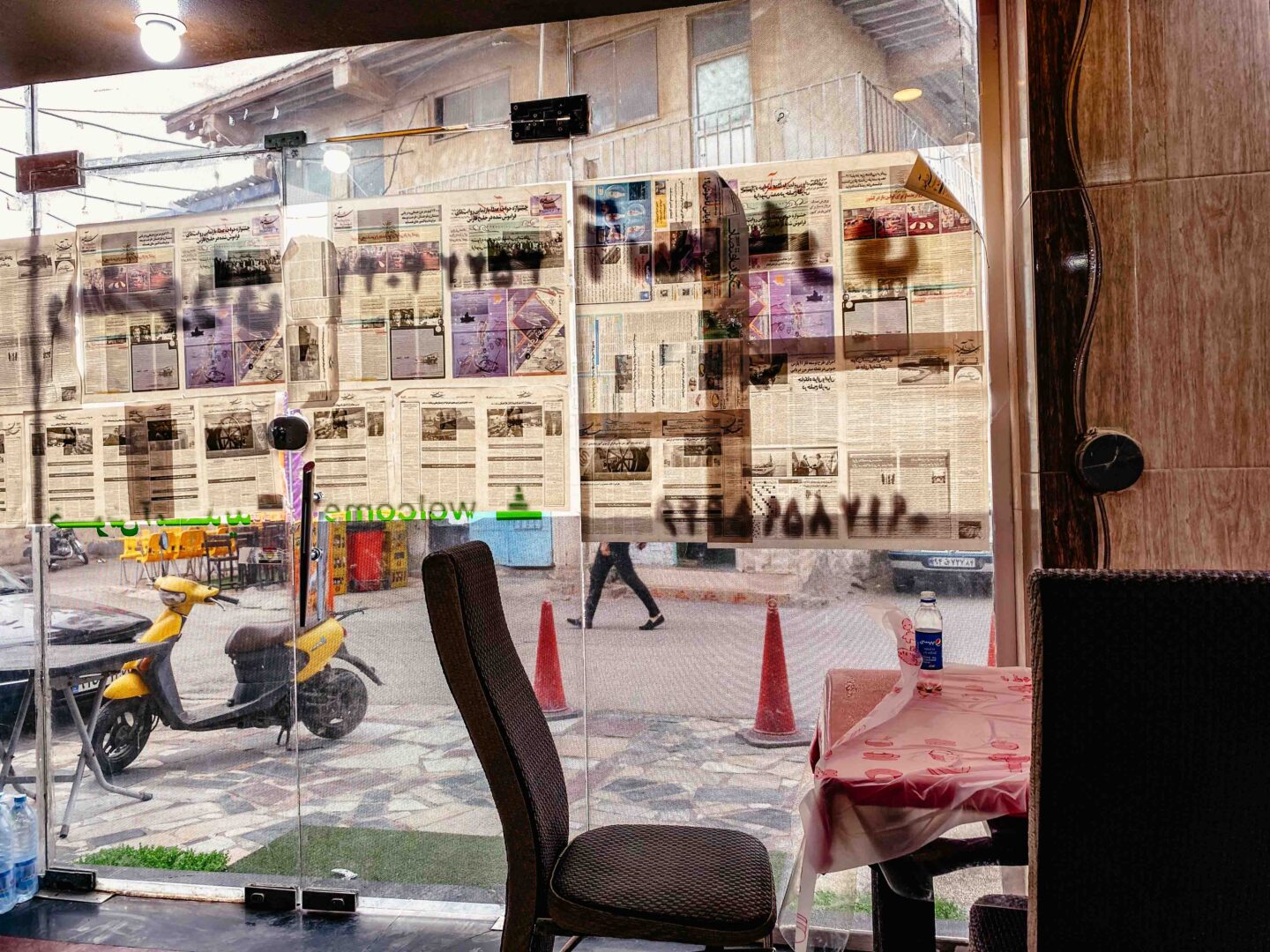

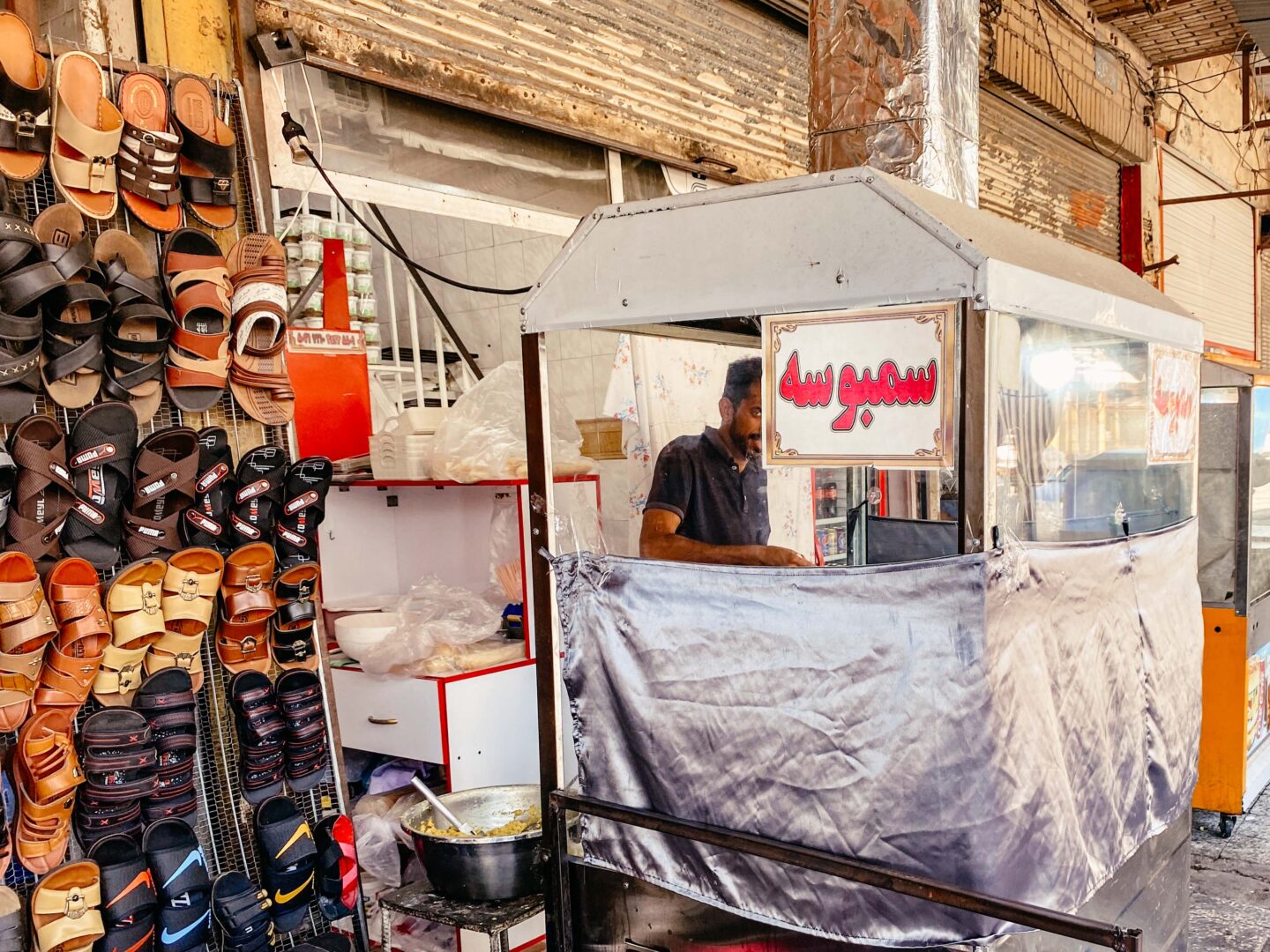
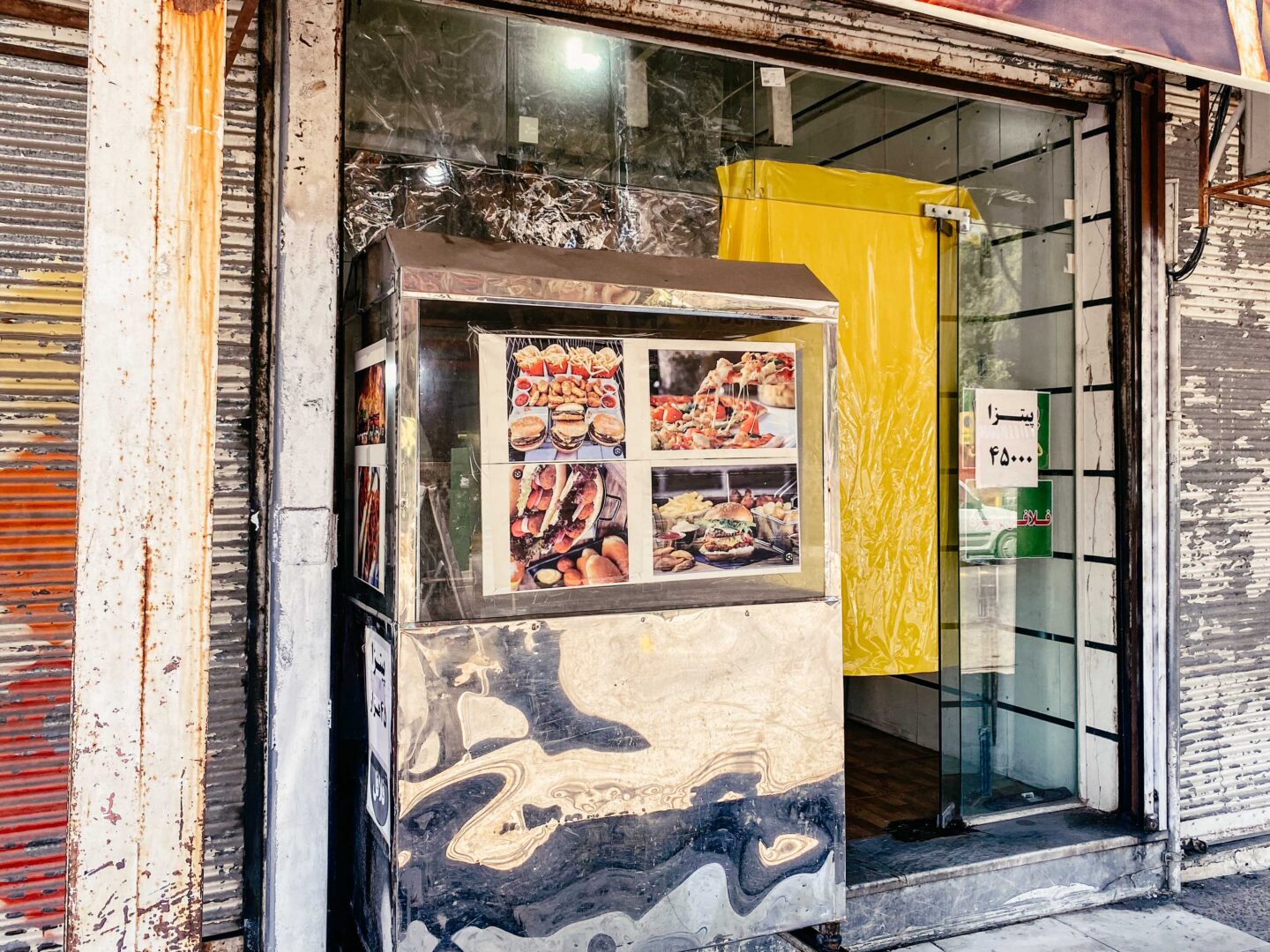
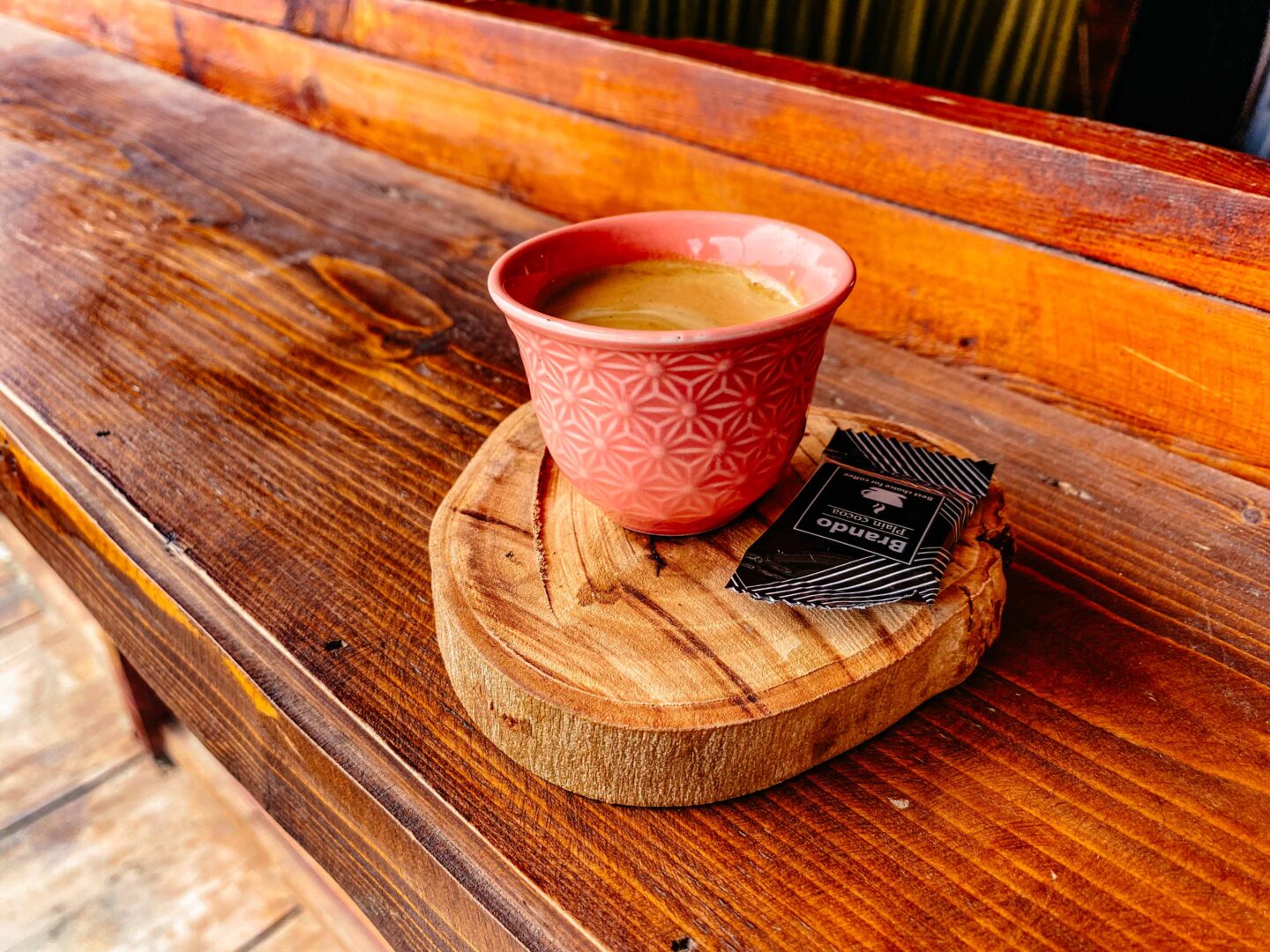
Merci for "travelling with us
We are thinking about taking another break from travelling in the summer and visiting our families in Germany and Switzerland. One of the ideas is to organise a Lecture about our long journey to the Persian Gulf to prepare. If you would like to, what would interest you the most? We will also tell stories here that don't find a place here on the blog. We're thinking of the Bern and Berlin area - simply because we have family there. But other places are also conceivable. Feel free to write to us.
Do you think our travel experiences might be of interest to others? Then you can share the Share post quietly. By e-mail or however you want to do it.
In addition, if you haven't already done so, you can use our Newsletter subscribe. Here you will receive all our experiences in your mailbox whenever we publish something new or once a week on Fridays: live-pur.ch/newsletter
We are also very happy to hear your views, your tips or your questions. Just comment on the post!